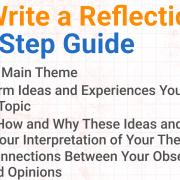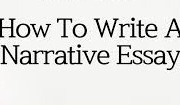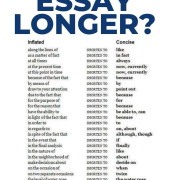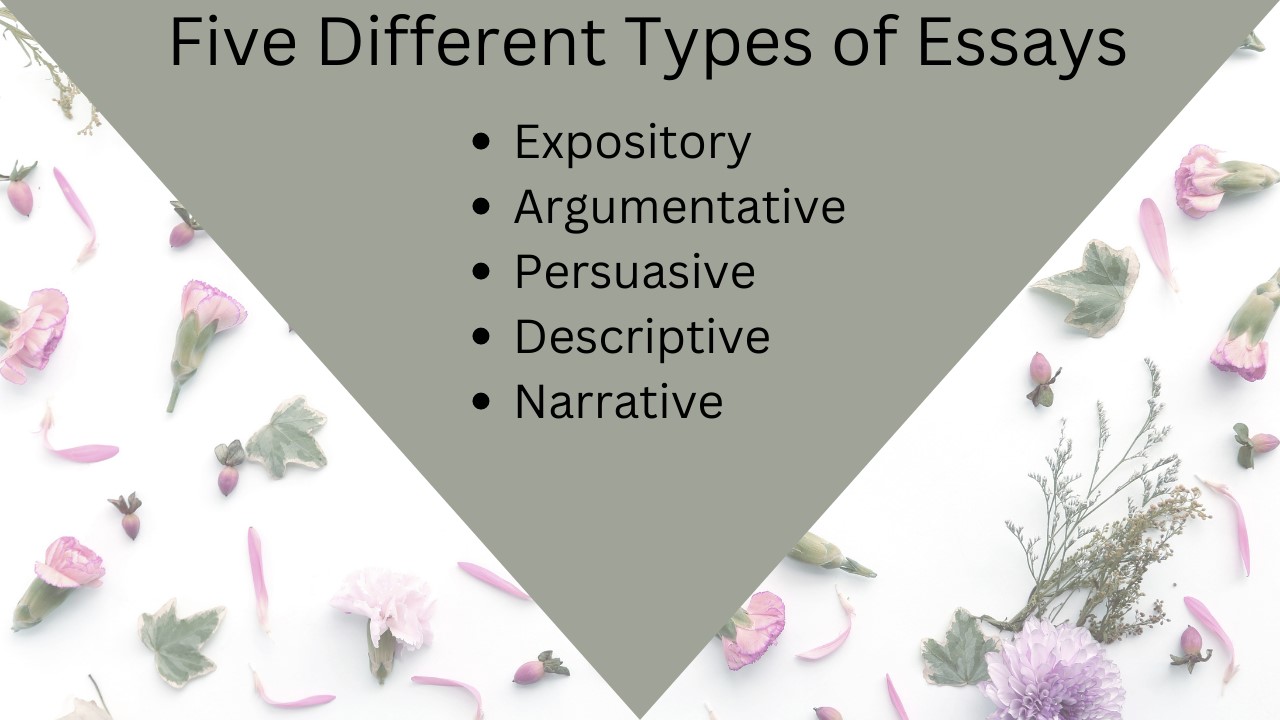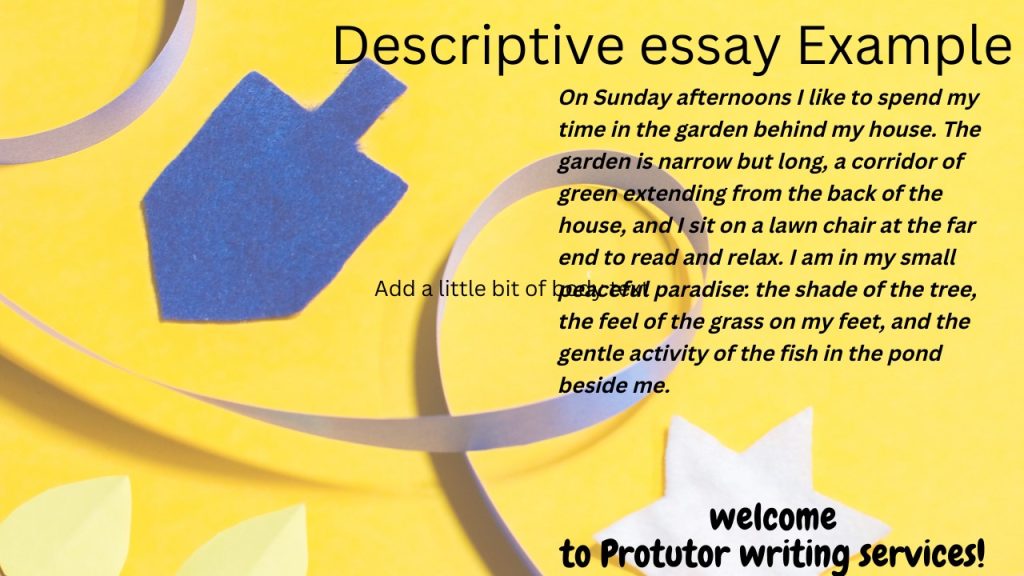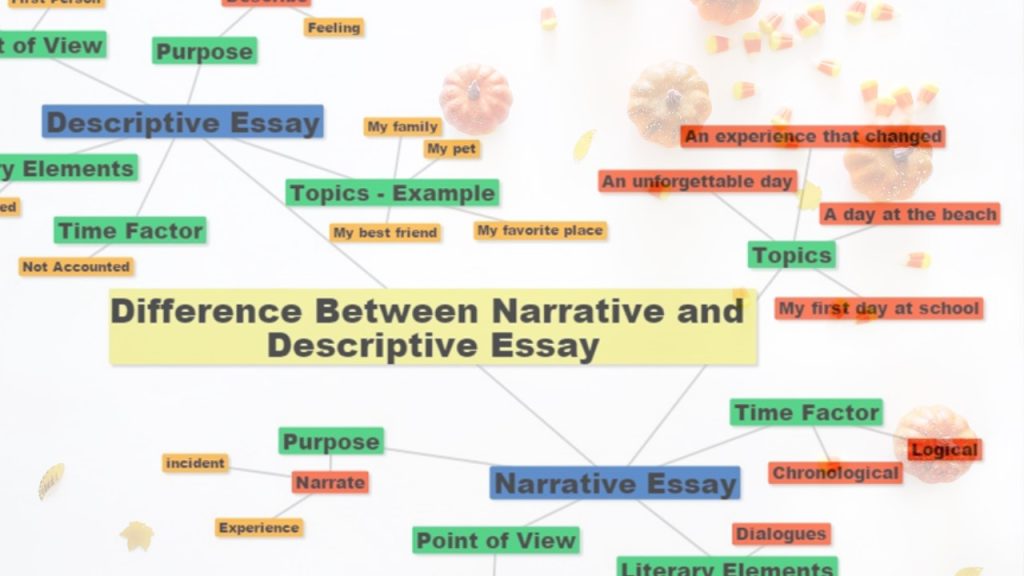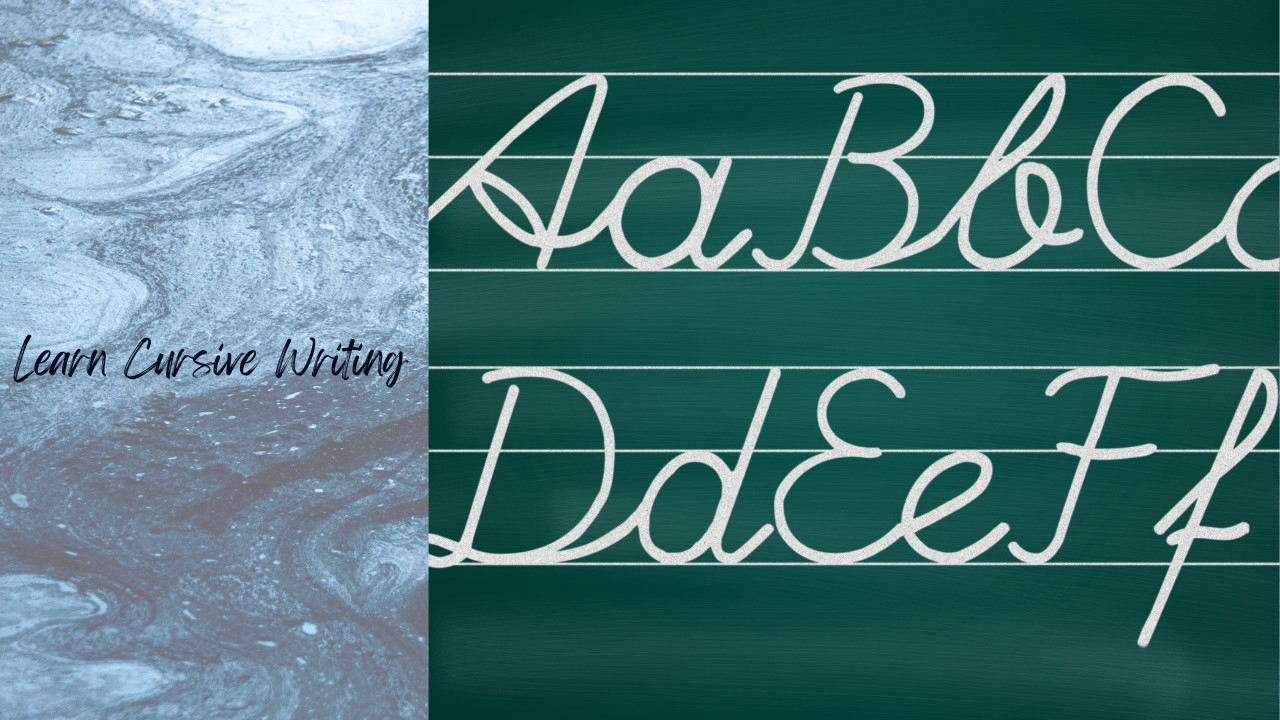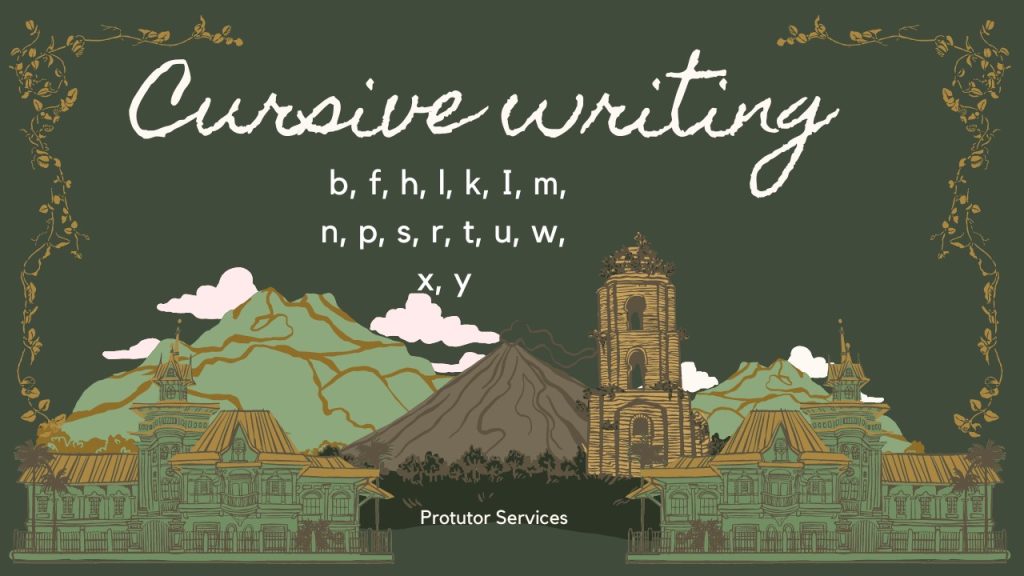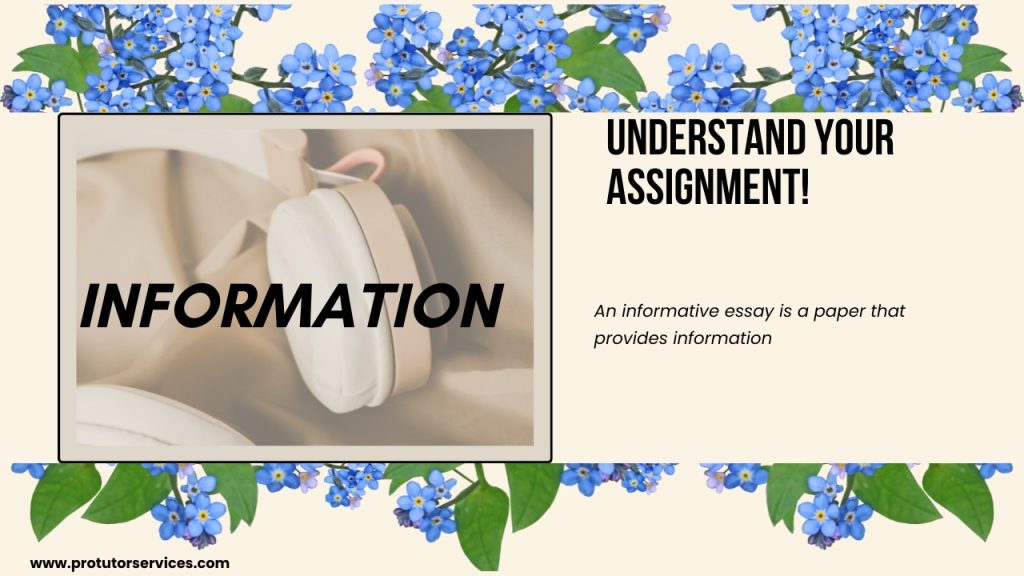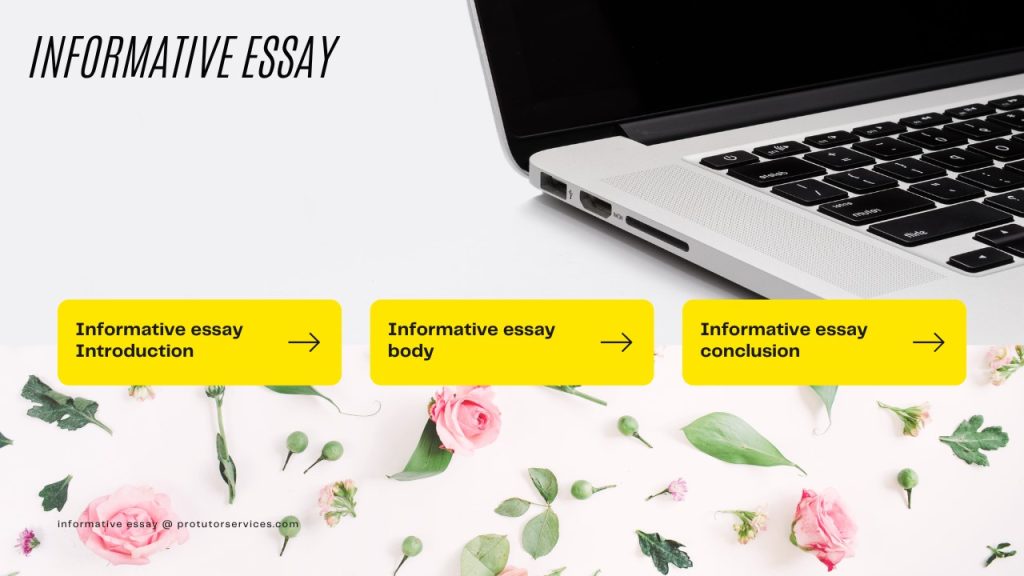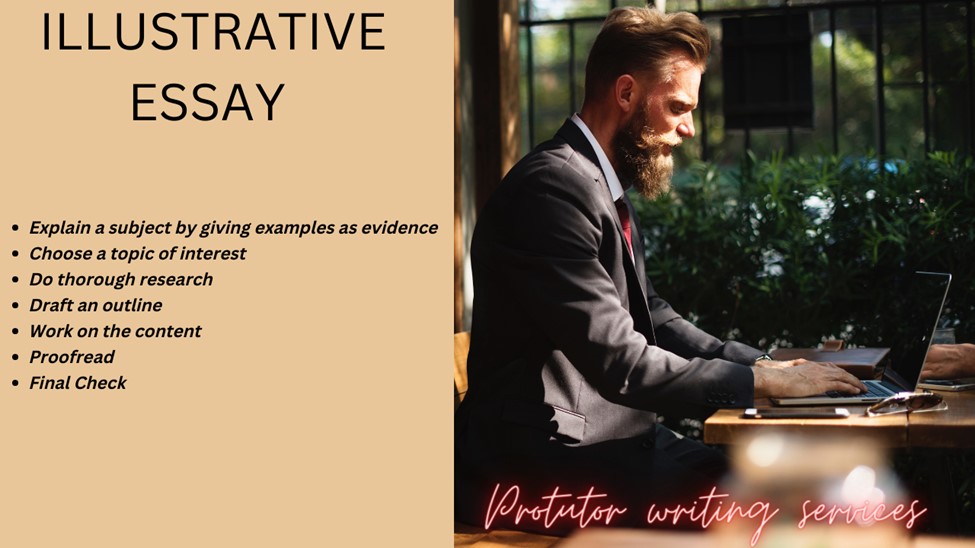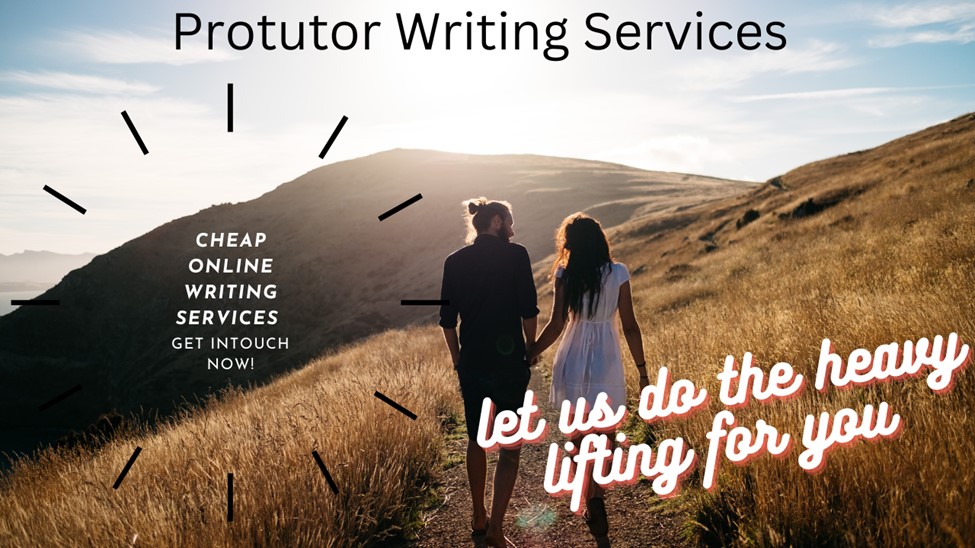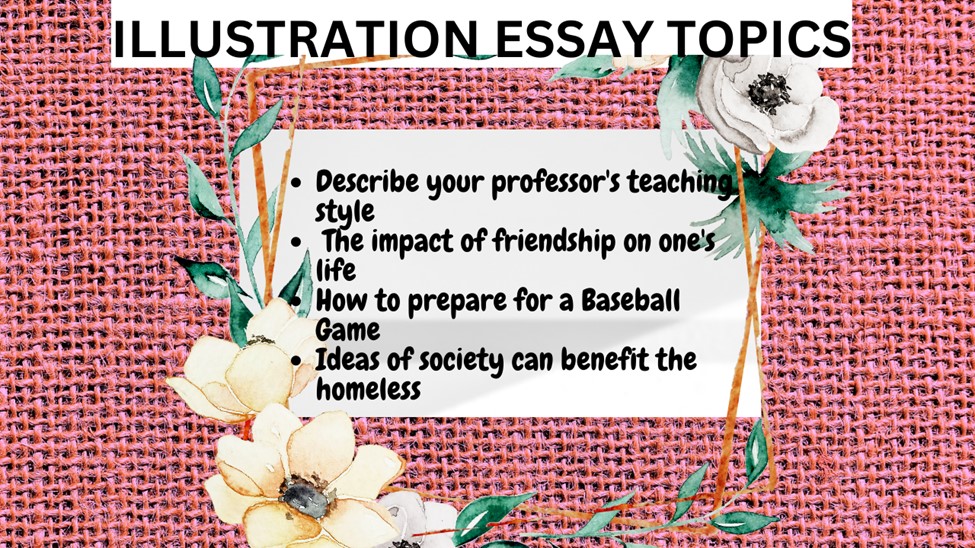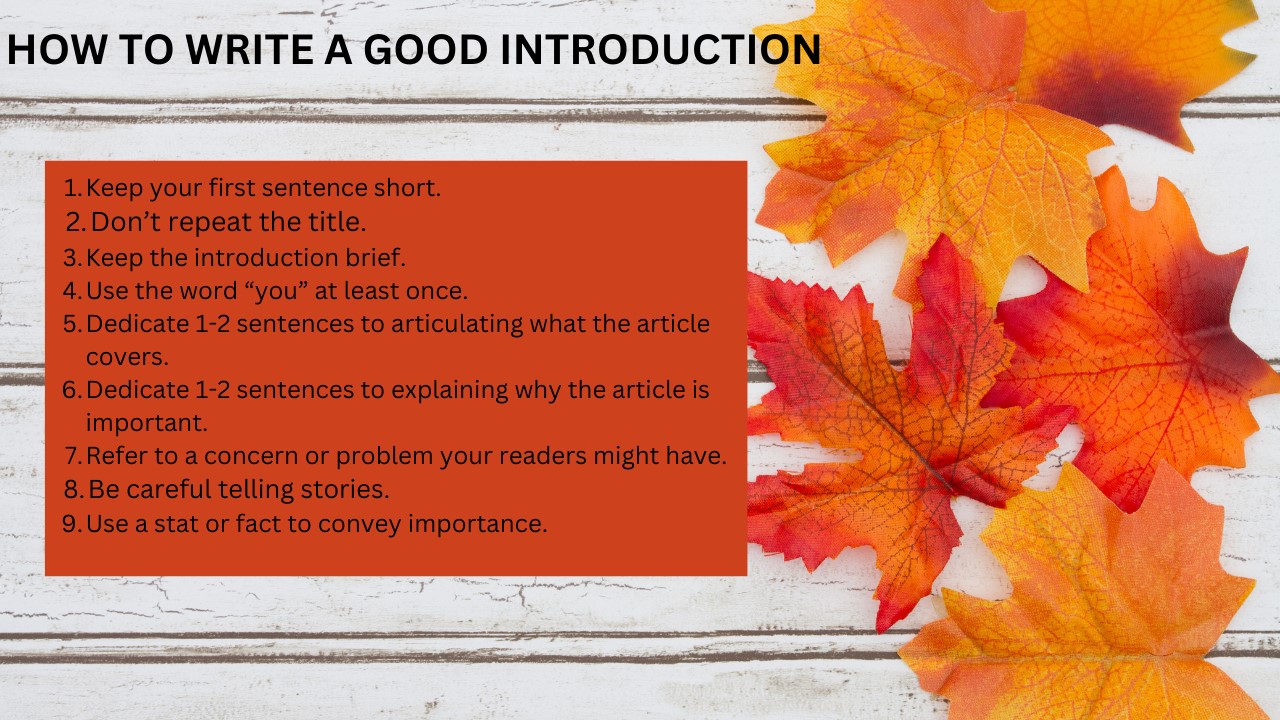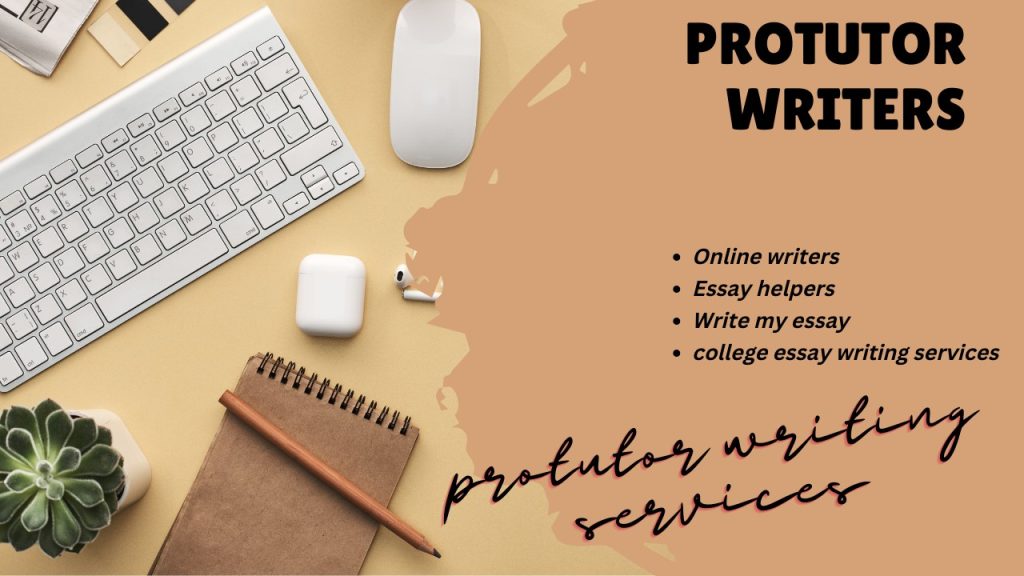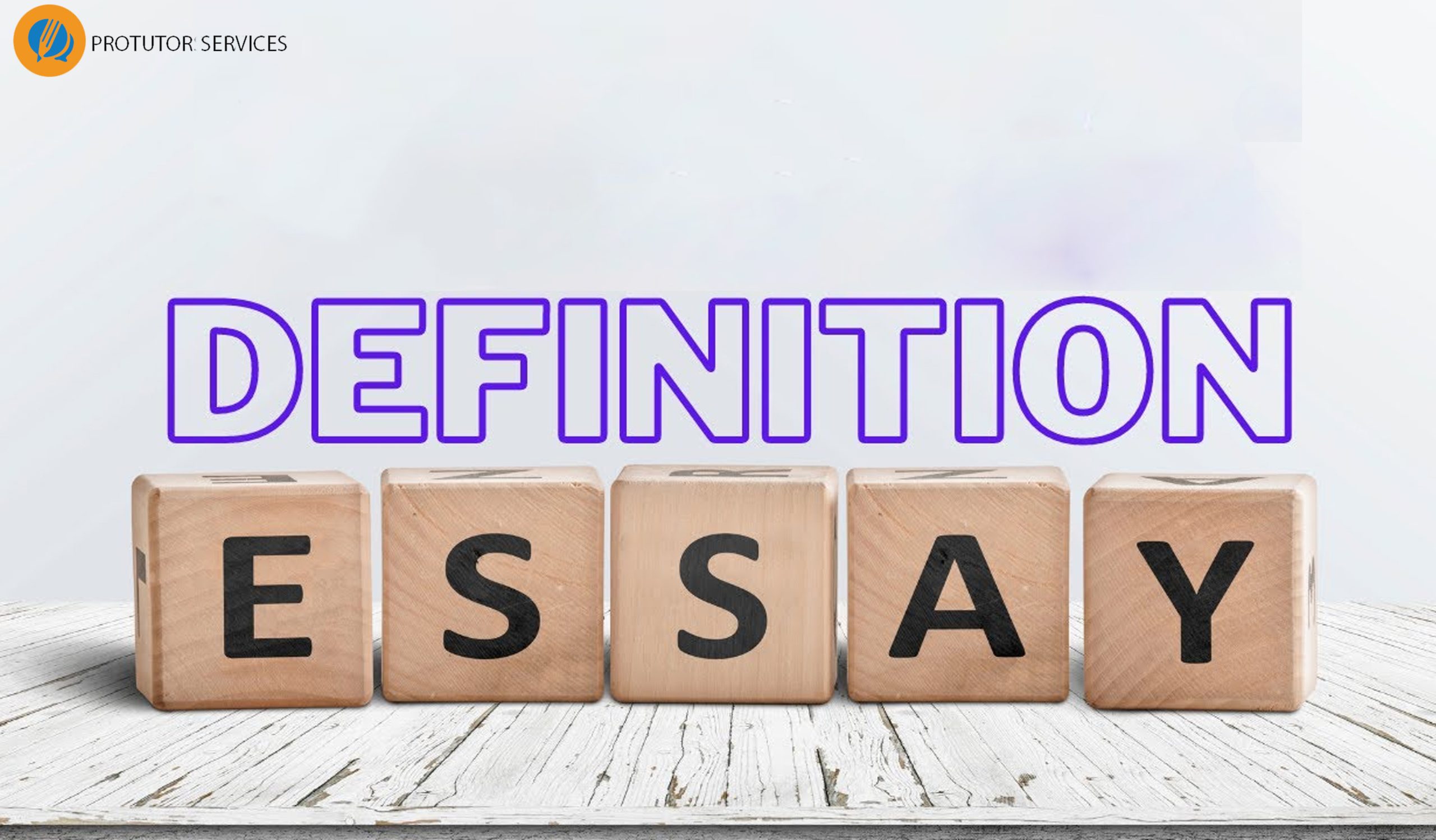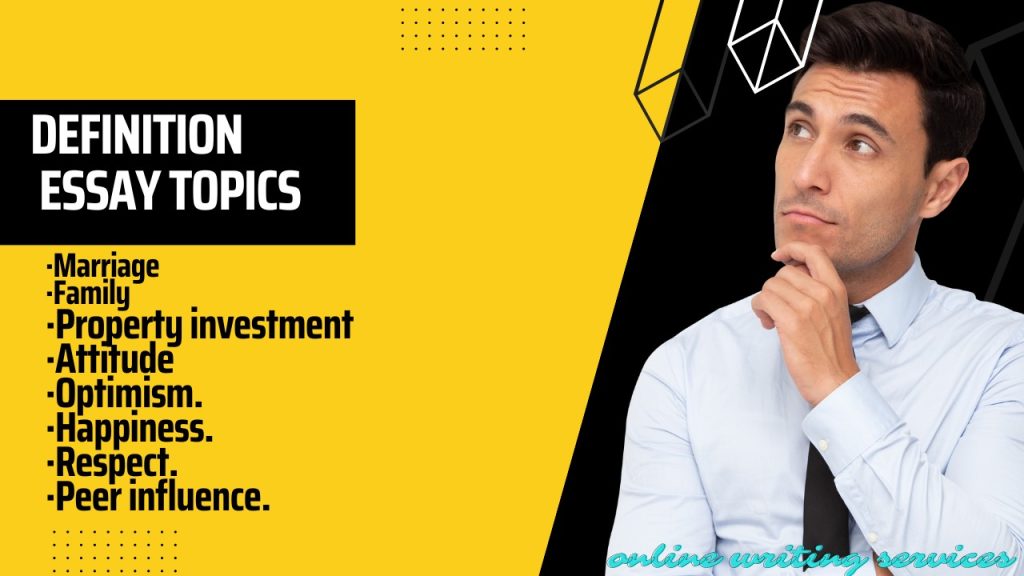There are various types of essays. Some are more compelling than others, while others are more descriptive. In this manual, the narrative essay is the main topic. This kind of work specifically uses narration or storytelling to tell a story.
We’ll go into more detail about what this kind of essay entails. Additionally, we’ll demonstrate how to construct a narrative essay so you feel more comfortable writing your own. Additionally, our guide covers the numerous kinds of essays you can write as well as the narrative format.
What is a Narrative Essay?
We should examine the definition of narrative writing before defining what is a narrative essay. This is a style of writing whose objective is to provide the reader with a narrative. It has people, places, and a plot that is resolved in the end. Everything is made up if it’s fiction. A good illustration of fictional narrative writing is seen in novels. If the literature is factual, on the other hand, everything is based on true events.
You must almost always write factual content while writing narrative essays for academic purposes. Therefore, the majority of your work should consist of a factual story whose specifics can be supported by facts.
If you’re unsure of how to write a narrative, try imagining yourself narrating a story to a friend. There is a start, middle, and end to it. The beginning establishes the scene, and the finale brings everything together. The most significant portions of the story are in the center; you can make it as short or as long as you choose. No matter how long your narrative prose is, remember that it should flow well because you’re telling a story.
If you are stuck on how to write a narrative essay you can type “Write my narrative essay” into search engines and you will find us which is how many students who require our essay writing services find us. We have a group of excellent professional essay writing helpers.
Key distinctions between the short story and the narrative essay
The short tale and this kind of essay both have similarities and distinctions. Understanding the two’s structural differences can help you ensure that your own work follows the guidelines.
You must rely on facts when writing a narrative essay for a college or university examination. The reader should receive a concise synopsis of what transpired from your writing. Additionally, if there is a word limit, you must adhere to it as well as the basic narrative essay format required by the markers. The thesis statement in the introduction should summarize the main point of your paper.
As with the short narrative, everything that occurs is made up and is the result of the author’s imagination. It doesn’t call for a thesis statement and has a far more flexible framework than a narrative essay. You can approach one in any way you see fit, and the content is all up to you.
Goal of a Narrative Essay
If you’re unsure of how to begin a narrative essay, consider why you want to share this particular tale with others and what you hope to accomplish by doing so. Regardless of the genre, when someone writes a narrative, they want it to have an impact on the readers and elicit a specific response from them. For instance, if someone writes a horror fiction, their goal is to frighten and fear the audience.
You should aim to keep your audience interested in your story. The more carefully someone reads your writing, the more probable it is that they will comprehend it and respond to it. You must write the story in the most effective and compelling manner feasible. Using the appropriate terminology, having a clear structure, and making sure your writing is clear are all necessary for this.
How Do You Write a Strong Narrative Essay?
A strong narrative essay should grab the attention of the audience, convey a memorable story, and come to a clear conclusion. It contains all the typical components of a story yet isn’t as lengthy as one. Additionally, it should express your opinion of the narrative and your feelings toward it.
The format and organization of the narrative essay are also quite important. These help your work look professional and be readable.
What Makes a Good Narrative Essay?
This kind of essay is composed of a number of important parts, or sections. Characters, discourse, and theme are a few of these.
• Characters have a crucial role in narrative essays because they are the foundation of every story. They interact with one another in addition to moving the plot along. Every single one of them has a personality and a history, and occasionally one or both of these factors will have a direct impact on the plot.
• The story portion almost often includes some talking. This depicts the exchanges between characters and any possible thoughts they may have.
• The story’s central concept or message is known as the theme. It’s a notion that a story’s storyline, environment, and characters may all be used to convey to the reader. The theme should be mentioned in the thesis statement, along with a brief description of what it is.
Common Narrative Essay Formats
The narrative essay comes in a variety of forms. Your work must be factual for the majority of assignments in college and university. Your work will be fictional for some classes, like creative writing. Below are a few of the most prevalent types:
• Factual. You are retelling genuine events for other people when you write a factual (or nonfiction) narrative essay. You will examine evidence from one or more sources in order to piece the scenario together.
• Fictional. You can use your imagination and create any kind of story for fictional narrative essays. Given that it is an academic assignment, it still needs to serve a useful function.
• Autobiographical. You must recount a personal experience for an autobiographical essay. This is a factual academic essay in which you share a personal experience with the reader. You’ll write in the first person, but you are free to add your own views and opinions if you choose.
How to Write a Narrative Essay
To create ideas for a narrative and incorporate them into your essay, follow these steps:
1. Select a topic.
Choosing the topic for your narrative essay is the first stage. Pick a subject that will allow you to tell a tale that reflects favorably on you as a candidate or student. For instance, if a scholarship committee gives you the option to select your own topic, you can opt for a subject that will allow you to showcase your academic success or dedication to volunteer work. Consider the topics that might interest your audience when crafting an interesting story. To stay inside the confines of the assignment’s length requirements, think about limiting your topic.
You might also be given a topic by your instructor, so think about which of your personal experiences best fits the prompt. For instance, if the instructions say to write about a time when you learnt something new, you can think back to a specific occasion that had the largest influence on you and had enough information to fill five paragraphs.
2. Draw up a plan
The second stage is to draft an outline that will guide your story-telling. Determine your topic, then devote a paragraph to outlining the main ideas. Given that the narrative essay has numerous paragraphs, the outline can help you expound on your structure and complete the paper. If you’re remembering a period when you conquered a hurdle, for instance, your outline might tell you to give background information in the second paragraph, describe your tenacity in the third and fourth paragraphs, and discuss the importance of what you learned in the conclusion.
3. Use first-person narration
Given that a narrative essay is about you, it may be imperative for you to write from your point of view. Use the first-person perspective, which includes “I,” “me,” and “we” pronouns. Consider how you would explain the situation to someone in a face-to-face talk about the subject. As a result of the reader’s ability to identify with your experiences, your story will have a stronger impact and will be more striking. In order to provide more context and make the reader feel as though they are experiencing the story with you, think about including your inner thoughts and emotions.
4. Employ inventive wording
Your narrative essay’s writing can be made more intriguing by the way you narrate the story. Don’t repeat the same words too much. Instead, look up synonyms in a thesaurus to better draw the reader’s attention to your ideas. You may use “perplexing” or “bewildering” in place of the word “confusing,” for instance. Simple language might make your writing easier to read. Find a balance between stating your thoughts succinctly and being creative enough for readers to picture what you are saying.
5. Proofread your work for errors
Making sure your narrative essay is error-free is the last stage. Think about taking a break and coming back to the paper later. This can make you more attentive and help you see errors you would have missed otherwise. On your computer, you can utilize proofreading programs to find and fix grammatical and spelling errors. Additionally, they could suggest word changes to make your article clear and simple to read. Make sure your paragraphs are no more than five sentences, and think about asking a mentor to review the draft of your essay for you.
Types of Narrative Writing
Try to choose the kind of writing you’ll be employing while considering how to start a narrative essay for college. Consider the types listed below:
1. Linear. When writing in a linear fashion, you’ll recount the story’s incidents in the chronological order they occurred. The following occurrence will flow from the one that came before it.
2. Non-linear. If you use a non-linear strategy, you’ll narrate the story’s events out of order. This could involve flashes in the past or future.
3. Quest. Some stories consist of a series of events and characters responding to them. Others are more akin to a quest, where the pursuit of a certain objective serves as the person’s sole motivation.
4. Viewpoint. A protagonist who uses a viewpoint style of narration tells the story from their own point of view. It is not just about the plot, but also about the narrator’s thoughts, feelings, and opinions.
5. Descriptive. You should employ vivid details throughout and be quite descriptive while writing this kind of narrative. The environment of the story and the characters’ appearances should be clear to the reader.
No matter what style of narrative writing you use, your story must make sense. Clear and logical connections between the paragraphs are required. The reader should be able to tell that the events are out of sequence if you use a non-linear style.
If you’re having trouble writing a narrative paragraph, keep in mind that it needs to be brief. Additionally, it must to relate to both the previous and following ones. There shouldn’t be any text blocks in your work that stick out or are distinct from the rest of the material. There should be connections between paragraphs for your essay to flow smoothly.
If you still require assistance, you can trust us to write your essay for you. We are a group of skilled Essay writers that aim to assist students with their projects by offering them our knowledge on essay writing service.
How long should a narrative essay be?
There is no predetermined length for narrative essays. Depending on who is assigning the work and which organization is running the course, a different word count may be necessary. Some story essays are only 500 words long, while others may be several hundred words longer. Your story essay rules may occasionally stipulate that you need at least 1,000 words.
If a word count is specified, such as 500–600 words, you must definitely adhere to it. If there is no time limit, the length of your job is entirely up to you. At least a few hundred words should be included in a good narrative essay. It should have three or more body paragraphs and a distinct introduction and conclusion.
Your task should be concise and direct, regardless of how long it is. A narrative essay should summarize the main ideas of a story without necessarily going into great detail. You should only highlight the most significant individuals, places, and events. Don’t be afraid to use some descriptive language, but don’t use it excessively.
Narrative Essay Writing Guideline
In this section, we’ll go over some of the most crucial tips for writing a successful narrative essay. If you adhere to them, you should find it much simpler to approach and complete your assignment. You should have a better understanding of how to create narrative essays if you follow our instructions.
How Should a Narrative Essay Begin?
You’ll first get a prompt from your teacher or tutor. When setting the task, your lecturer or instructor provides you with this instruction. As soon as you get this, you should begin collecting writing-related thoughts. If your essay doesn’t already have a title, think of one now. Also, think about how you’ll approach the story portion of your writing.
Consider how you would convey your narrative to a friend as you are creating it. Divide it into a series of related events that happen one after the other. You should strive to captivate the reader when writing it by employing descriptive language and including a ton of pertinent details. It’s important to keep readers engaged and avoid boring them when writing. They ought to be eager to keep reading to learn the story’s outcome.
How Do I Pick a Topic for My Essay?
Your writing prompt will determine the topic you’ll be writing about. There are two types of this: specified and open-ended.
You will be writing about a specific event or set of events if the topic is specific. If the assignment is open-ended, you can choose from a far wider range of topics and are not required to write on anything in particular.
There are countless story writing subjects to choose from. It’s simpler for you to decide what you’ll be writing about when you have a clear prompt. All you have to do is consider the prompt’s direction and provide the information it requests in the form of a tale.
Choosing a topic to write on when the prompt is open-ended might be challenging because there may be numerous options. Choose a topic that will be intriguing, engaging, and relevant to the reader.
How Should a Narrative Essay Be Formatted and structured?
A narrative essay follows a simple format. The introduction, thesis statement, body, and conclusion are the four essential sections.
• The overview of your essay is given to the reader in the introductory part. The essential ideas of your work are briefly summarized in the thesis statement.
• You tell your narrative in the body. You’ll describe the events of the story and advance the storyline after introducing your characters and environment. The majority of narrative essays have three body paragraphs or less.
•The story’s plot must come to an end in the denouement. You should also provide a statement on it, outlining its importance and any potential advantages.
It’s crucial that you adhere to the typical format of a narrative essay. You may present the story logically by doing this. Additionally, it makes your text simpler to read.
A narrative essay should be formatted professionally. The final product you turn in should resemble any other kind of academic essay. The font and size of the writing should be adequate. Indentation, spacing, and paragraph size should all be uniform in addition to this. Because academic submissions demand formatting that meets a specific standard, your narrative essay format is just as crucial as the content.
Depending on the institution or university you’re attending, you may employ a specific kind of narrative writing format. Some organizations will require all academic writing submissions to adhere to a specific formatting style.
Narrative Essay Outline
You will utilize an outline as a basic kind of plan as you write your essay. You should consider both the content of your work and how you intend to deliver it to the reader when putting one together. It’s a good idea to think about the vocabulary you’ll use, the length of your sentences and paragraphs, how frequently you’ll utilize speech, and other factors.
The opening should accomplish two goals: it should grab the reader’s interest and compel them to keep reading. Additionally, it should pique their interest in the subject of your essay and compel them to read what you have to say. Once you’ve written one, it’s a good idea to share it with people to see whether it inspires interest in your work.
The majority of your essay, or the body, is where you convey your story. The setting, at least one character introduction, and the fundamentals of the plot should all be covered in the opening paragraph. Everything you introduced earlier should be developed over the course of the following few paragraphs. Once the reader has finished reading the body of your essay, they need to be familiar with your characters and storyline.
The conclusion is crucial since it is where you wrap up and consider the story. This concluding paragraph should summarize all you’ve learned and how you hope the tale will influence other people. Additionally, it ought to include some reference to your thesis statement.
Narrative Essay Thesis Statement
The thesis statement is a succinct sentence that summarizes the topic of your essay and appears in the opening. It makes the reader aware of the paper’s main argument without giving away too much of the plot. A general guideline for structuring a narrative essay is to put the thesis statement at the conclusion of the introduction. This naturally transitions into the body of your paper.
Here are a few illustrations of strong thesis statements:
- Love has altered my entire life and made me a new person
- I have only one life and I will take advantage of every opportunity to be happy.
In any essay type, creating a strong thesis statement is essential. If yours reads well, it might encourage the reader to spend more time with your writing. If you’re having trouble coming up with a thesis statement, buy narrative essays online and check out some of our team’s examples. Reading other people’s writing will give you more insight into how to compose your own.
Personal Narrative Essay Topics
Your personal experience is the focus of a personal narrative essay. The reader must feel something after reading it. To achieve this, the mental image you are painting with words must be compelling and elicit strong feelings in the reader. To accomplish this, using a lot of details is a great idea. Some subjects for personal narratives include:
- A professor you’ll never forget
- A dangerous situation that happened to you
- A humorous incident that occurred to you
- a tale from your youth
- Your first overseas excursion
- a memory from your time in school
- A tale of a friend’s passing
- An account of mastering a new skill (like playing a musical instrument or surfing)
- a humiliating incident that occurred to you
- Describe a time when you engaged in an extracurricular activity, such as football or gymnastics.
- an occasion such as going to a sporting event or concert
- a tale of your generosity toward those in need
- An instance when you learned a secret
- Describe the family member with whom you have the strongest bonds.
- Describe a course you took that was motivational.
- A time when you were afraid and isolated
- A tale to tell when you’re lost
- when you helped someone in need
- The first time you prepared food on your own
Top 40 Narrative Essay Topics
In narrative essays, the author attempts to convey to the reader exactly what they have experienced. You must use words to paint a picture for your readers because you cannot physically show them one. Choose something that you can recall clearly because it’s crucial to give the reader all the information.
- The getaway you love taking with the family
- A journey you’ll always remember
- A time when you met people and had a unique friendship
- Your first day at a new school
- Share an experience that made you incredibly nervous.
- Your favorite Christmas ever
- The best birthday celebration you’ve ever attended
- A lesson you’ve learned in life
- Describe a time when someone who you least expected it offered you assistance
- Tragic circumstance in your life
- What happened when you first got a pet?
- Your relationship with your best friend
- Talk about helping someone in need while relating a story about something you lost.
- A narrative about how you handled a natural disaster
- When you were summoned to the dean’s office
- a summer camp experience;
- Your initial experience with bicycling
- A period when you felt down
- An instance when you and someone else got into a heated argument
- An instance when someone mistreated you;
- Your initial ski experience
- Assistance to a stranger
- A time when you encountered racism
- A time when you made a mistake and felt guilty
- The best beach day I can remember
- The best gift you’ve ever received
- A tale about how you were hurt
- The first time you drove
- Breaking up with someone
- Getting a relationship going
- Your first flight and the flying experience
- Approaching a stranger
- A travel tale
- A time you were disciplined
- A time when you learned someone’s true character
- Gaining life experience
- Getting into a car crash
- Your favorite hiking experience
Cultural Narrative Essay Topics
In cultural narrative essays, you can illustrate a cultural feature while still keeping the reader informed and entertained. Avoid addressing multiple facets of culture at once in the same story since culture is a very big and complex system. Cultural narratives are excellent conversation starters because they allow for questions about culture and an opportunity for people to express any prejudices they may have against a culture or particular aspects of it. Examples of cultural narrative essays are provided below:
- Distinctive family customs
- A custom that caught you off guard
- Which holiday is your favorite and how do you celebrate it in your culture?
- Why it’s crucial to understand your culture
- A time when you felt humiliated because you were ignorant of a particular facet of a group’s culture
- How culture varies depending on the situation
- Culture and media influence
- dietary customs in your family
- How a person is defined by culture
- Your cultural background
Argumentative Narrative Essay Topics
In a narrative argument essay, you use a story to analyze something that has interested you or had a significant impact on your life. Additionally, it must contain an argumentative or persuasive point derived from your story. Your narrative serves as both your argument and an illustration for the reader.
- A time when you and a friend disagreed
- a conflict you experienced in the past
- A time when you experienced bullying
- someone taking their own life
- the day you were high school graduate
- When someone was exposed as cheating
- a situation where you believed or knew your doctor was careless
- A car accident you were involved in
- A humiliating experience
- a kind deed you performed
- an issue that you assisted a buddy with
- A time when someone was assaulted at school
Interesting Topics for Narrative Essays
Are you seeking a theme with a twist? Look nowhere else. Here are some interesting and fantastic narrative essay themes.
- A difficult choice was required of you.
- A person who had a lasting impact on your life
- When you accidentally flooded your neighbor’s apartment
- A day you wish you could go back to
- a period when you didn’t pass a class
- Your most terrifying experience
- A time when you were seriously ill
- The instance in which you preserved life
- The time you entered a scary house
- The occasion when you were awarded a prize
- initial employment
- when you experienced a flat tire
- the activities you engage in alone time
- When you first visited the emergency room
- Your initial interaction with the police
Childhood memories Narrative Essay Topics
Find a wild tale to tell by going back in time to your true and younger years. You can always make up a story if all you have is a setting or a concept. People will find your life fascinating if you can make it convincing! Describe a time in your childhood when teamwork really paid off.
- Do you recall the days when great gatherings didn’t require alcohol? Think back to the wildest party you attended as a kid.
- Write about your first time feeling pain, either physically or emotionally. How did you deal with it?
- Kids frequently look up to role models who resemble superheroes (from Hollywood actors to rock band players). Your role model was, and why?
- Write about a childhood dream you can recall.
Growing Up in High School Narrative Essay Topics
Everyone has some sort of nostalgia for their school days. It is a period of learning, growth, and development—or of skipping courses and hunting for trouble. Make a narrative essay out of anything interesting you did in high school.
- While much of the school was monotonous, there were a few interesting classes. Concentrate on a subject you enjoyed in school.
- Draw a picture of a humiliating experience, either your own or someone else’s. What did you learn from how people reacted?
- You looked forward to your hobbies (football, guitar, gaming, and travel) after finishing your assignments. What did you do for fun after school?
- Describe your high school best friend and the changes you both have undergone.
- Write about your best academic performance.
Personal Narrative Essay Topics
Families are where relationships begin. As a person matures, their relationship with their family becomes more complex and includes friendships, love interests, professional connections, and much more. Examine the shortcomings and strengths of the people you have met.
- People evolve; some families remain together while others break up. Write about an old acquaintance you’ve lost touch with and the circumstances surrounding it.
- A person’s perspective of anything can be altered with a few words. Write about a discussion that altered your course in life.
- Talk about a successful business partnership where you and your partner both achieved amazing things.
- Dads can speak with moral authority and reason. Talk about the influences your father has had on you.
- People’s social networks alter as they develop and relocate. Have you encountered this situation? Discuss the experience of meeting a brand-new group of individuals while exchanging experiences, creating friends, and establishing connections.
Moral and ethical conundrums Narrative Essay Topics
Laws maintain order in the world. But do they? Numerous difficult moral dilemmas are discussed by students from all around the world. When the moment comes, a person must decide whether to follow the law or their own set of moral principles. Because of these ideas, morality serves as an endless source of creative inspiration.
- Talk about a time when you broke the law but still believed it was the correct thing to do.
- Tell us about a cowardly deed you saw. Share your thoughts on why you believe it was cowardly and what you would have done in its place.
- Examine the morals that educators, parents, law enforcement, and the government promote and consider whether or not they occasionally err. Give specifics regarding your rebellion against “the man in charge.”
- Describe a situation when you were forced to act in a way that violated your morals.
- How do you believe your government ought to treat those who are homeless morally?
Interests & Hobbies Narrative Essay Topics
The activities that people enjoy performing the most are their hobbies. Hobbies may end up igniting a lifetime of hobbies or community involvement. When their passions can be incorporated into their professions, most people find that they are happy in the end. In addition, people are drawn to one another depending on their actions and travels. Consider the question, “What do I enjoy doing?” Or “Why do I choose this certain genre of music?”
- Talk about a period when you neglected your obligations in order to indulge an interest.
- Describe your talent and the steps you took to develop it.
- Would you make a class out of your passion to be taught in schools?
- Tell us how your obsession or hobby helped you land a job.
- Parents frequently ignore their children’s hobbies. They want their children to succeed academically. What kind of behavior do you think parents should exhibit toward children who prioritize their interests over academic success?
Personal Experience Narrative Essay Topics
For authors, personal experiences are much more exciting. Unfortunately, unless they are presented in an interesting way, personal tale essays are not usually as fascinating for listeners. We are confident that the suggestions for personal narratives below will assist you in selecting your subject to increase reader engagement.
- The time in my life that I’m most proud of
- I’ve never been to an opera before.
- The strangest accident I saw
- how I first ate Asian food
- My most treasured birthday gift
- If I were a fictional character,
- The experience that I hope I could relive
- If I were the superhero from my favorite movie
- How I misplaced a borrowed object
- My initial trip to the sea
- What sets me apart
- My initial foray into the wilderness
- first interview for a job
- My greatest setback
- My most striking Christmas
Narrative Essay Topics about Childhood
Childhood is undoubtedly the most innocent time in our life and the one that offers the greatest wisdom. The most profound insights come from it, and most of our reflections are based on how a child may perceive something. Pick one from our list of fascinating childhood-related subjects.
- My first memories
- My first pet
- The example I was raised by
- When I first met my uncle or aunt
- My initial visit to a hospital
- My very first major sporting event
- My first day of classes
- First time visiting a stadium
- My most memorable trip to a family amusement park
- My preferred preschool instructor
- It was my first time flying.
- My favorite picnic ever
- The most terrifying experience I had as a kid
- My phobias since childhood
- The funniest memory from my youth
Perfect Narrative Essay Topics without a category
The previous subjects for narrative essays are all related to a specific genre or theme. Nevertheless, there are many excellent narrative essay themes that are rather arbitrary but enjoyable to write about. Check out a few more ideas we came up with for narrative essay assignments:
- the first vehicle you ever purchased
- The kind of thing that “grinds your gears”
- The Worst Day Ever: A Guide to Party Dancing
- You become aware that Google stores all of your data when
- Your manual for reducing stress
- Your manual for watching movies, listening to music, and reading books
- activities to engage in while waiting in line
- If you had access to $1 billion for just one day
- a dream realized, whether accidentally or via effort
Narrative essay Topics for High School Students
The addition of this section is a treat for our younger readers! A good sense of humor is a great tool to have when writing. If you use a suitable joke or anecdote, you might be able to make a somber circumstance into something lighthearted and comforting. Your essay will then feel more engaging and exciting throughout. These concepts will inspire you:
- a poor encounter with either boys or girls
- When you nearly lost your life due to a stupid mistake
- When your carefree and innocent high school self was caught in a challenging real-world circumstance.
- The most memorable moment in your online life
- When mathematics saved your life
- If you played a major role in “My Sweet Sixteen”
- If you played the lead in “Sixteen and Pregnant,”
- The strangest way you’ve ever made friends
- When you decided to stop partying after realizing its negative effects.
- Your first time using drugs, alcohol, or smokes. What advice would you give someone who hasn’t tried either?
Awesome Narrative Essay Topics without A Category
The previous subjects for narrative essays are all related to a specific genre or theme. Nevertheless, there are many excellent narrative essay themes that are rather arbitrary but enjoyable to write about. Check out a few more ideas we came up with for narrative essay assignments:
- the first vehicle you ever purchased
- The kind of thing that “grinds your gears”
- a worst day ever
- Your manual for dancing during events
- You become aware that Google stores all of your data when
- Your manual for reducing stress
- Your manual for watching movies, listening to music, and reading books
- activities to engage in while waiting in line
- If you had access to $1 billion for just one day
- a dream realized, whether accidentally or via effort
Fun Narrative Essay Topics for Students in High School.
The addition of this section is a treat for our younger readers! A good sense of humor is a great tool to have when writing. If you use a suitable joke or anecdote, you might be able to make a somber circumstance into something lighthearted and comforting. Your essay will then feel more engaging and intriguing throughout. These concepts will inspire you:
- a poor encounter with either boys or girls
- When you nearly lost your life due to a stupid mistake
- When your carefree and innocent high school self was caught in a challenging real-world circumstance.
- The most memorable moment in your online life
- When mathematics saved your life
- If you played a major role in “My Sweet Sixteen”
- If you played the lead in “Sixteen and Pregnant,”
- The strangest way you’ve ever made friends
- when you decided to stop partying after realizing its negative effects.
- Your first time using drugs, alcohol, or smokes. What advice would you give someone who hasn’t tried either?
Personality Narrative Paper Topics
Every one of us has a unique personality. If you decide to write a narrative essay about your qualities, traits, mood, etc., you can express yourself in any way. For you, we’ve examined some of the best subjects.
- When you have to wait for something important to you, how patient can you be?
- How much restraint do you possess?
- Have you ever held a position of leadership?
- If you had lost your parents when you were a little child, how would your life have changed?
- When playing different sports, do you have a competitive spirit?
- Do you take greater chances while you’re with your closest friends?
- Describe your own superstitions in detail.
- Talk about all the practical jokes, tales, and hoaxes you have fell for. Also, talk about the common misconceptions people have of you.
- How daredevil-like are you?
Sexuality and Gender narrative Essay Topics
Any subject involving gender is delicate. Essayists should take care not to step on any maize. The tone and objectivity of a paper on sex and gender should be neutral. Here are some topics for discussion that you might find interesting:
- Do some of the boys in your group view women as “prey”?
- Are women under too much pressure to have perfect bodies?
- Depending on your family and parents, there are differences between male and female duties.
- Effective strategies to deal with adult content online
- The most effective technique to study sex in school
- The fundamental tenets and objectives of the feminist movement
- Is it appropriate for schools to teach about gender and sexuality?
- Why do so many parents have different expectations for their sons vs their daughters?
Have you ever encountered gender bias in the classroom? This is how sexuality is portrayed in the “Game of Thrones” book series.
In our list above we have listed down some of narrative essay topics you can write about if you’re looking for narrative paper topic to write your essay. Sometimes even with a topic writing a narrative essay can be tiring and time consuming and that’s why we are here in case you’re looking for an essay writing service. We offer essay writing services and we are the best online paper writing service.


